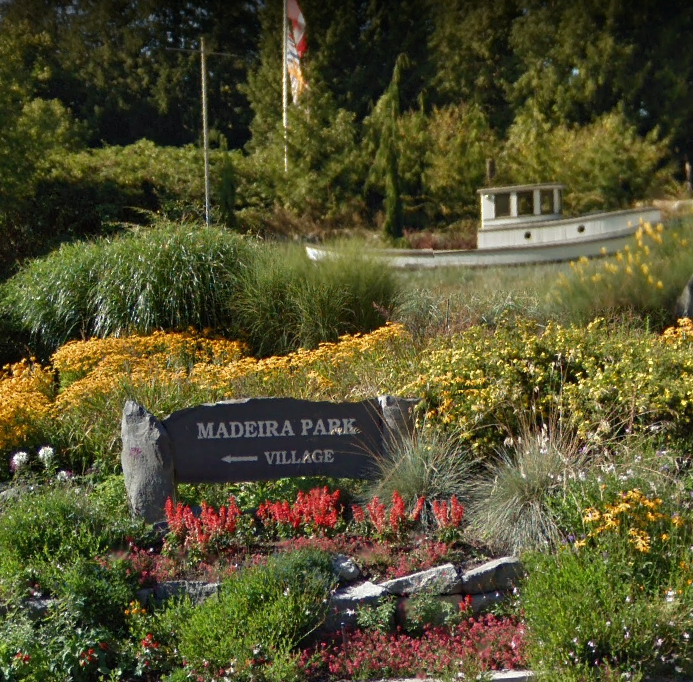The BC Geographical Names Office is reviewing proposals from the shíshálh Nation to officially adopt new names for “several geographical features in the shíshálh swiya,” and is now seeking input from local governments and other stakeholders on four of those proposals.
The proposals are to change the names of Wilson Creek, the community, and Wilson Creek itself, as well as Madeira Park and Saltery Bay on the upper Sunshine Coast.
If accepted by the Geographical Names Office, the name ts'uḵw'um would be adopted for Wilson Creek, salalus would become the new official name for Madeira Park, and Saltery Bay, the body of water, would be known as sḵelhp.
A Ministry of Forests, Lands and Natural Resource Operations spokesperson told Coast Reporter that the Geographical Names Office “works closely with many Indigenous governments and communities to recognize and restore Indigenous place names.”
New name proposals are accepted from any interested individual or group and the names office’s investigation of those proposals includes “gathering comments on the suitability and probable degree of acceptance and usage of the proposed name from persons familiar with the area.”
In the case of the names in the she shashishalhem language, that included working with shíshálh Nation’s Stewardship and Territorial Land Management Division.
In its online database, the Geographical Names Office says ts’ukw’um is an important shíshálh village site that shared its name with the nearby creek, but that the exact meaning and origin of the name is not known.
Salalus, according to the names office, is the shíshálh name for the entrance to the channel, canoe pass, harvesting and fishing sites and village located around what is now known as Sechelt Band Land 20 in Madeira Park.
Sḵelhp, the names office database says, “is an ancient name, whose meaning and origin [have] been lost over time.”
A letter requesting comment on the proposed name for Wilson Creek was included in Sechelt council’s Feb. 5 agenda and the idea was generally well received.
Mayor Darnelda Siegers said that council should have a conversation with the shíshálh Nation and the community before making a formal response to the Geographical Names Office.
Coun. Matt McLean said that although he has some questions about why Wilson Creek was chosen in particular, he thinks recognizing Indigenous place names is a “valuable exercise.”
“It recognizes that settlers took this land and that this land has much more history than settlers typically recognize,” he said. “It also normalizes the speaking of the shashishalhem language for Indigenous youth and it sends a message that it’s OK to embrace their culture.”
Late last year the District of Sechelt announced it was working with the shíshálh Nation to update the interpretive signs along the waterfront in Davis Bay.
The existing signs give the history of 18th and 19th century European explorers who sailed along the coast, and the new signs will include text in both English and she shashashalhem, and publicly acknowledge the shíshálh people, their history and past and present Indigenous land use in the area.
McLean said he’d also like to see the district follow the Sunshine Coast Regional District’s lead and work with the shíshálh Nation on indentifying possible shíshálh names for parks and other features in Sechelt.
As part of its process to consider the name changes, the Geographical Names Office has posted information about the names online at http://apps.gov.bc.ca/pub/bcgnws.
The proposed names are listed under “other recorded names” for each place and the information includes guides to pronunciation and examples of the names being read aloud by shíshálh Nation protector of culture Steven Feschuk and Raquel Joe, curator of the tems swiya Museum.
As well as seeking input from local governments and stakeholders, the Geographical Names Office is also welcoming comments from the general public. Comments should be made in writing and directed to: [email protected]
If the name changes go ahead the previous names remain part of the public record “to ensure that the history associated with names is maintained,” but they will not appear on provincial maps.



